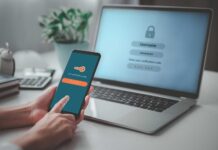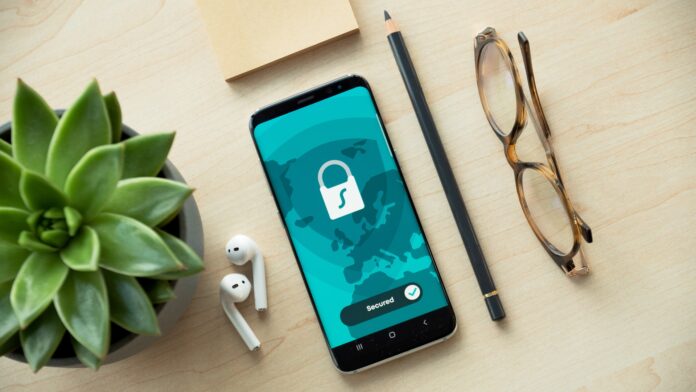
Educational institutions can be pretty limiting with what content their students can access on their networks. Want to use your school’s Wi-Fi for social media and entertainment without getting caught? Then you’ll need a decent VPN for iPhone or your other iOS devices.
If you’re not sure which iPhone VPN is the better choice, find out more here. These providers have all the features you need to stay under the radar of the school network admins, which we’ll be discussing below.
How Does a VPN for iPhone Get Past Firewalls?
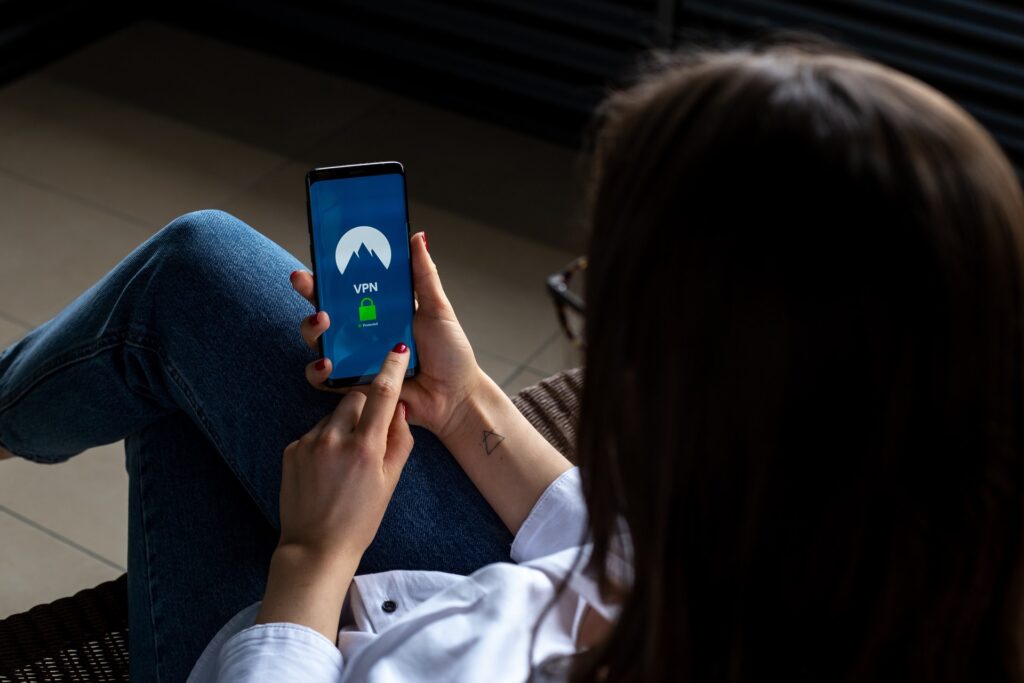
Firewalls (whether software or hardware-based) function as a set of rules that control incoming and outgoing network traffic. If your school doesn’t want you using Instagram on their Wi-Fi, all they need to do is add a rule to not allow connections to the service. Such rules can be implemented by ISP’s as well, to prevent users from accessing certain websites. Just look at the Great Firewall of China.
Now, most of the time, these rules are set at the IP address level. Think of it as someone blocking your phone number so you can’t call them. VPNs help you get around that by routing all your network traffic through an encrypted tunnel. To extend the phone analogy, this would be like calling a friend and having them contact the person who blocked you, then delivering their replies to you.
Of course, some network admins can be crafty and block services at the port level. Say, blocking traffic on ports 27000-27030 to prevent Steam game downloads and related traffic on PC. This is where things get trickier, but nothing a good VPN for iPhone can’t handle.
If your school blocks any apps at the port level, all you need is a VPN provider with obfuscated (or stealth) servers. Obfuscation masks your traffic as something less likely to be blocked (such as regular HTTPS traffic found in most websites nowadays). Several providers linked in the beginning offer stealth servers, so be sure to try them out.
What Else Can You Do with a VPN for iPhone?
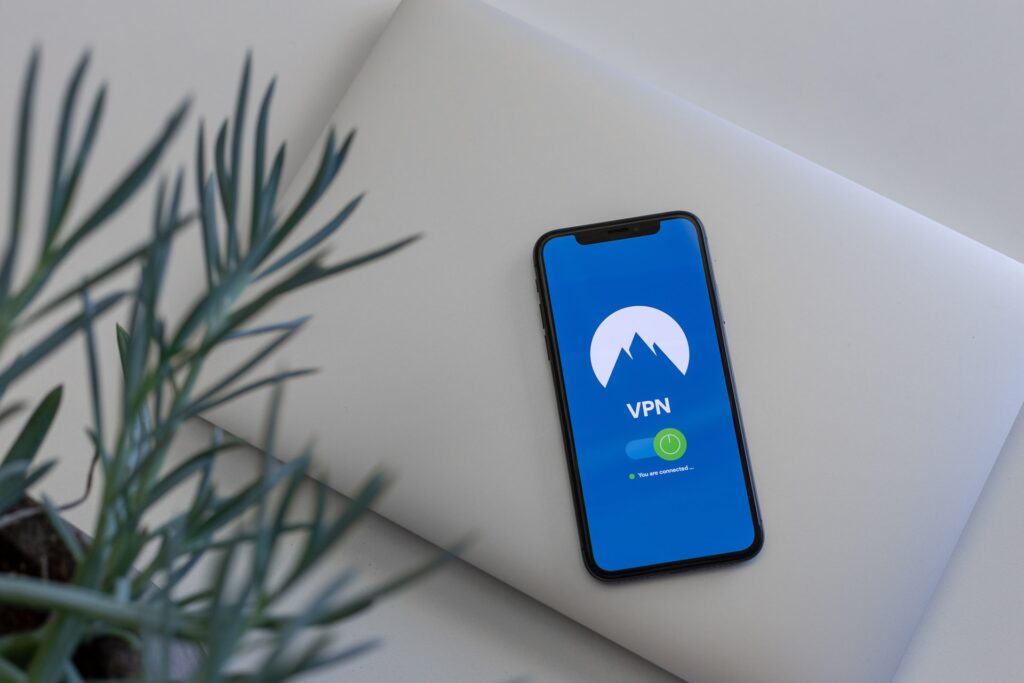
Well, aside from helping you unblock content on your school’s Wi-Fi, VPNs are pretty useful at securing your data. Anybody with the network password can use basic traffic analysis software (like Wireshark) and see what you’re up to. You probably don’t want anybody seeing any embarrassing stuff in your browsing history, least of all any schoolmates or the network admins.
More importantly, you don’t want your email, social media, PayPal, and other sensitive info falling into the wrong hands. Public Wi-Fi is a frequent target for hackers, and they probably won’t spare your school’s network. Fortunately, VPNs encrypt (i.e. garble) your data, making it unreadable to anybody snooping in.
This can keep you safe even if you connect to a rogue hotspot set up by a hacker. These fake Wi-Fi hotspots can almost perfectly imitate the real thing. They’re somewhat easier to recognize in this case, since school Wi-Fi is usually password-protected. Fake hotspots don’t have password protection, and rely on people being careless, falling for the trap of “free Wi-Fi.”
Other than that, a decent iPhone VPN with obfuscation enabled can help you circumvent any school or campus-wide VPN bans. These are usually set in place to prevent students from torrenting or accessing copyrighted materials on their networks. Obviously, you shouldn’t do such shady stuff on school Wi-Fi. Not that they could see your activity, but they can probably guess from the amount of data you’re using.
To be fair, many institutions don’t really enforce VPN bans, unless you really ramp up the bandwidth usage. At least, you’ll find many students claiming as much on Reddit and similar websites. No need to risk it, though, right?
Is It a Good Idea to Use a Free iPhone VPN?
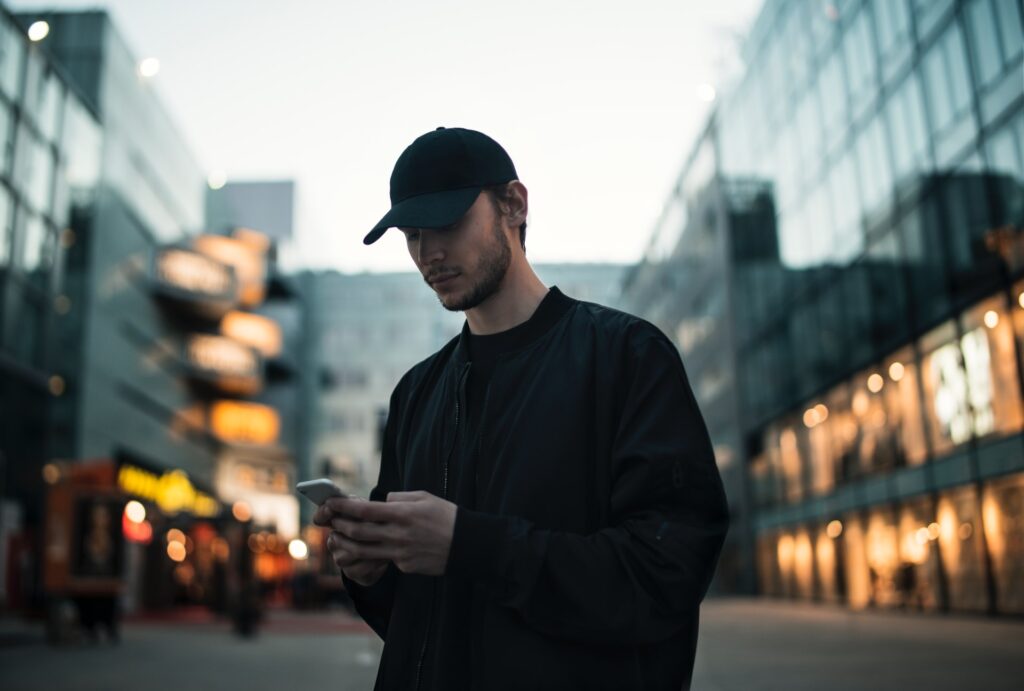
As a student, you probably want to save your pocket cash, so that “free” bit sounds highly tempting. However, a free VPN provider may end up costing you more in the long run.
How?
Well, for one, free VPNs are known to log and sell your browsing history and location data to advertisers. After all, they need to make a profit somehow. Your private data just happens to be pretty valuable to the right people. Oh, and it’s absolutely legal for them to do so, as long as they detail this practice in their privacy policy.
You might be thinking “well, I’ll just get a VPN that doesn’t log any data and mentions this in their terms of service.” That’s what 20 million people were probably thinking when they had their data leaked by seven free “no-logs” VPNs.
To be fair, Apple is much stricter about what apps end up on the App Store, so there are fewer chances of that happening, right? Well, according to a group of researchers, 80% of the top 20 free VPNs on the App Store weren’t following Apple’s guidelines. If not even the most popular providers care enough to follow some security guidelines, then you can imagine what the situation is for the rest.
Are There Really No Good Free iOS VPNs?
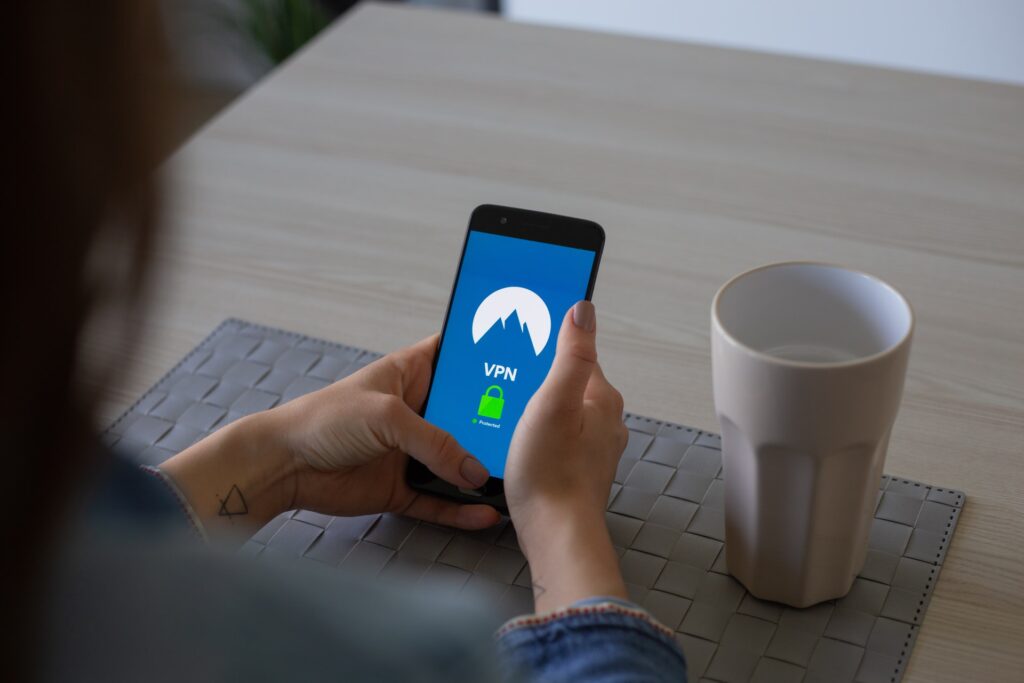
There are a couple, one of which is actually on ProPrivacy’s list of recommendations, which is linked in the beginning. Still, keep in mind that you’re getting a fairly limited experience, even if there are no security concerns:
- A small number of VPN servers – with so many users, server crowding is a real problem that can lead to congestion and slower speeds
- Throttled speeds – your speeds may be limited regardless of server population since the provider needs to ensure an equal share of bandwidth for everyone
- Limited unblocking capabilities – if you’re looking to watch US Netflix on your iPhone (or other streaming content blocked in your area), you won’t find much luck with a free VPN
- All of these limitations are meant to get you on their premium plan anyway, so you might as well skip the extra steps.

